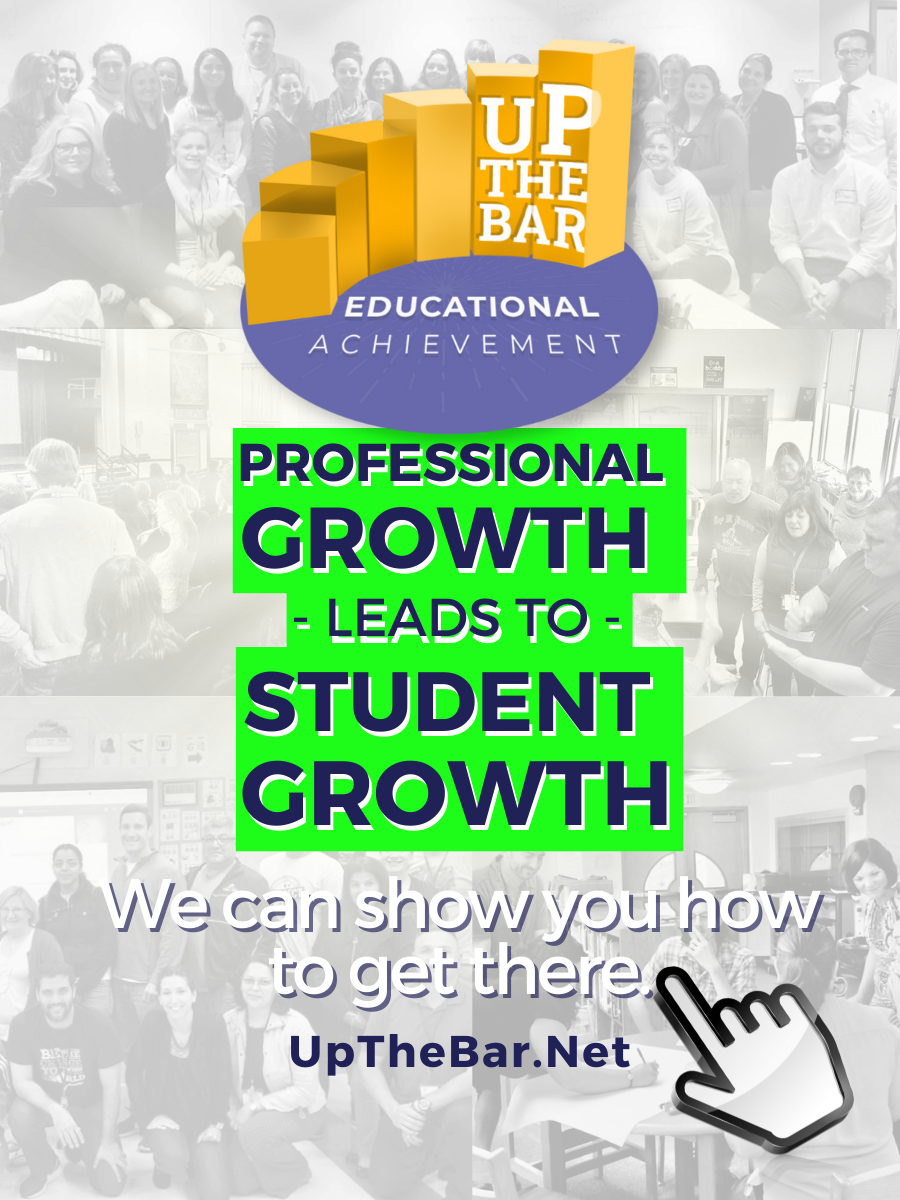Tracking AI in Education
By Laura Ascione
 “It seems as if we hear about AI in education every day, if not every hour. AI’s rise in popularity has brought with it questions about ethics, skills students will need for workplace success, and how to balance negatives with positives when it comes to teaching with this new generative tool” (Ascione, 2024).
“It seems as if we hear about AI in education every day, if not every hour. AI’s rise in popularity has brought with it questions about ethics, skills students will need for workplace success, and how to balance negatives with positives when it comes to teaching with this new generative tool” (Ascione, 2024).
Here you will find answers to five questions about AI use for education. Each of these are linked to other articles that further address each question.
- What is the best AI tool for teachers? Five are listed which can make preparing materials much faster, give feedback for professional development, and provide recommendations that are tied to students’ progress.
- How is AI beneficial in education? Students can use it to cheat, but it can also be used to learn.
- What are the negative effects of AI in education? Since ChatGPT was launched, the concern, especially for those teaching writing skills, is that students won’t bother learning.
- What is the role of AI in education? The answer is that educators must raise the expectations of students’ performance and use AI for immediate feedback and for helping students improve their work.
- How can AI be used in teaching? For this, the assignment is to prove what AI can and cannot do.
You can find more information here.
See below for excerpts from the links in the article.



